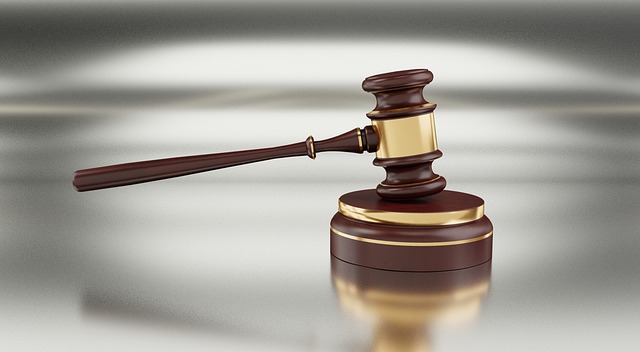Navigating Oregon's criminal defense landscape requires caution due to common pitfalls that can weaken cases. Misinterpreting the law, inadequate investigation, and evidence handling are major issues leading to unfavorable outcomes like prolonged detention and reduced acquittal chances. Consulting experienced legal professionals or using a comprehensive Oregon defense guide is crucial to avoid these mistakes, ensuring rights protection throughout the process. Key areas of focus include understanding state laws, thorough case preparation, effective evidence management, and steering clear of self-incriminating statements.
Navigating the complex landscape of Oregon criminal defense requires a keen understanding of potential pitfalls and effective strategies. This article guides you through the most common errors and misunderstandings that can weaken your defense. From misinterpreting laws and procedures to inadequate evidence handling and poor client communication, we expose these flaws. Additionally, we offer practical insights on avoiding critical mistakes like neglecting to challenge inadmissible evidence and ineffective planning. Ultimately, this is a comprehensive guide for building a robust Oregon defense strategy, ensuring you’re prepared to confront—and overcome—any legal challenge.
- Understanding Common Defense Pitfalls in Oregon
- – Misunderstanding the Law and Legal Procedures
- – Inadequate Investigation and Evidence Handling
Understanding Common Defense Pitfalls in Oregon

In Oregon, as with any jurisdiction, navigating criminal defense involves understanding and avoiding common pitfalls that can weaken or even undermine a case. Defense mistakes, such as misinterpreting the law, inadequate investigation, or failing to preserve evidence, can have significant consequences for the accused. For instance, legal defense mistakes like not challenging inadmissible evidence or missing crucial deadlines can lead to unfavorable outcomes, including prolonged pretrial detention and reduced chances of acquittal or mitigated sentences.
Avoiding defense pitfalls in Oregon requires a comprehensive understanding of state laws and procedures. It’s essential to have a well-informed defense strategy that accounts for potential challenges from prosecutors. A thorough case preparation process should include meticulous evidence collection, witness interviews, and a detailed analysis of the facts. Accessing resources like an Oregon defense guide or consulting with experienced legal professionals can help defendants steer clear of these errors, ensuring their rights are protected and their best interests are represented throughout the criminal justice process.
– Misunderstanding the Law and Legal Procedures

Many individuals accused of crimes in Oregon make the critical mistake of misunderstanding the law and legal procedures. This often stems from a lack of legal knowledge or overconfidence in their understanding. Criminal defense is a complex field, and what seems straightforward to an untrained eye can have significant consequences. For instance, failing to recognize the difference between misdemeanors and felonies or misinterpreting bail bond conditions can lead to prolonged pre-trial detention or even additional charges.
Avoiding these pitfalls requires careful consideration and guidance. It is essential to consult with an experienced Oregon defense attorney who can decipher legal jargon and navigate complex procedures. They will ensure your rights are protected and help you avoid common defense errors, such as self-incriminating statements or failing to challenge inadmissible evidence. An adept defense guide should demystify the process, providing clarity and peace of mind during what can be a stressful time.
– Inadequate Investigation and Evidence Handling

Inadequate investigation and evidence handling are among the most common defense errors in Oregon criminal cases. Lawyers who fail to thoroughly examine the facts, interview witnesses, or properly secure and analyze evidence can significantly harm their client’s case. These mistakes can lead to weak defenses, missed opportunities for mitigation, and even wrongful convictions. A comprehensive understanding of the evidence and a robust investigation strategy are essential components of any successful Oregon defense guide.
Lawyers should also be vigilant about preserving and documenting evidence. Improper handling, such as failing to preserve digital records or destroying potentially exculpatory physical evidence, can prove detrimental. Moreover, legal defense mistakes in evidence presentation during trials can result in appeals or even new trials. Therefore, a meticulous approach to investigation and evidence management is crucial for avoiding defense pitfalls in Oregon criminal defense cases.














